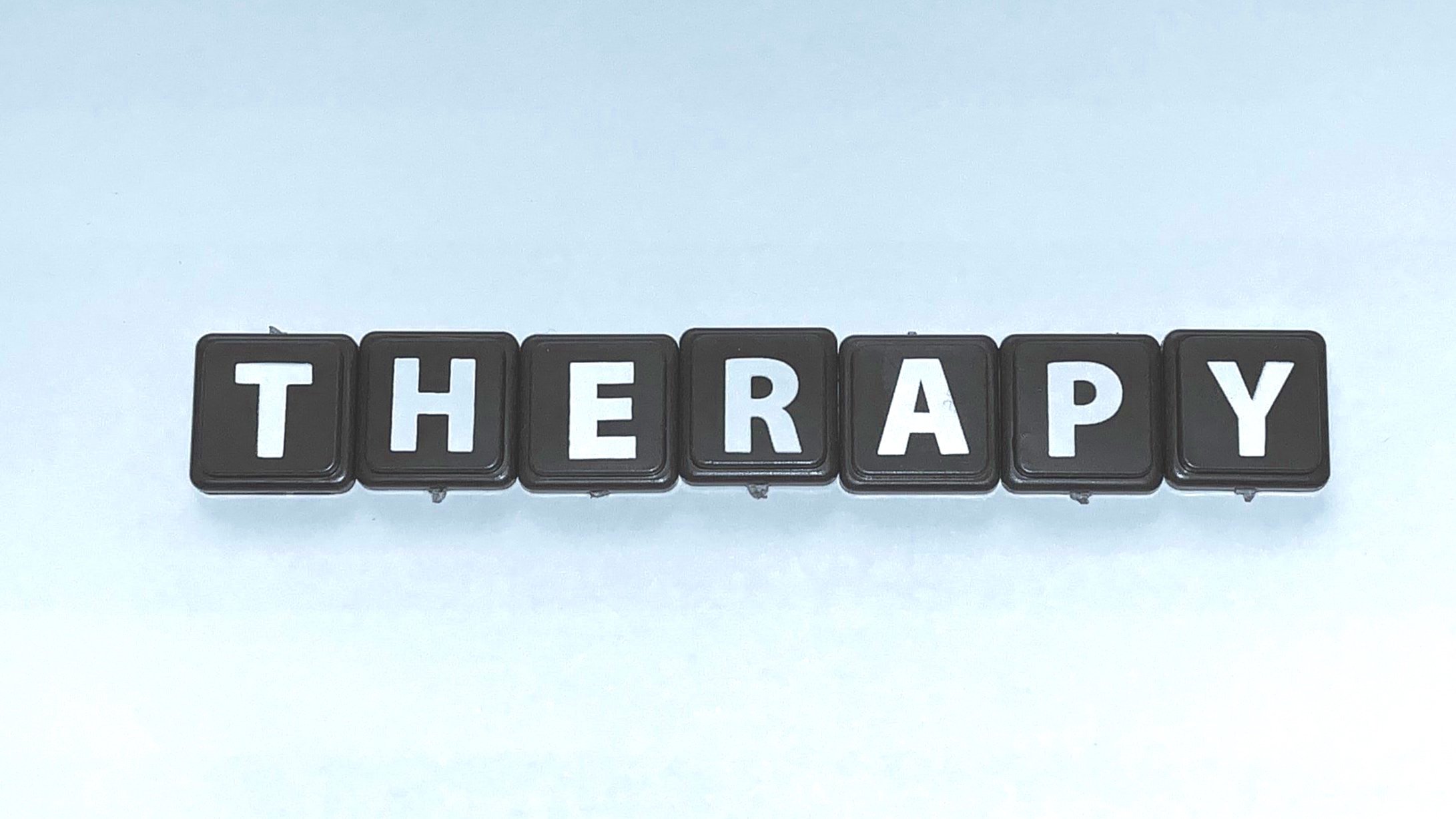
What Is Therapy And How Does It Work?
When you participate in psychotherapy, you will meet with a licensed therapist who utilizes evidence-based techniques to address your symptom presentation. Together you will develop goals for treatment and ways to monitor your progress. Often times you will be given activities to complete between sessions.
It is important that you feel comfortable with your therapist, that you are able to build a strong relationship, and that you are able to speak openly to them.
Below are some things to consider when entering a therapeutic relationship.
It Begins With Trust
It all begins with developing a trusting relationship. This is pretty obvious, right? But how do you know if you can trust your therapist? Aaron Beck, MD, internationally known as the father of Cognitive Behavior Therapy (CBT), identified elements of trust central to the therapeutic relationship: autonomy, responsiveness and genuineness.
-
Your therapist will balance between providing you the structure needed to feel safe with the need for you to autonomously guide your treatment. In the earlier stages of treatment, you may experience more direct guidance from your therapist, but as treatment progresses, the therapist will encourage you to seek from within for skills and insight you have learned thus far. Regardless of the stage in treatment, there should always be a comfortable balance, whereby you feel safe and supported, while simultaneously feeling in control of your treatment.
-
Your therapist will help you to feel heard. They will respond to questions and concerns, be on-time to appointments, and use the session time productively. In the beginning, your therapist may be more “hand-holding,” so to speak. But as therapy progresses, they will encourage you to initiate more independently. This will elevate your sense of self-efficacy. In other words, you will feel more capable of coping. This is a natural and comfortable process and indicative of your success in treatment.
-
Healthy relationships are defined by genuineness. If you can’t be “real” because of your fear of disapproval or judgment, then there is limited possibility of having a healthy trusting relationship. Your therapist will manage being genuine and mutually empowering in the most nonjudgmental manner so that you can relinquish fear of being judged.
Important Factors in Therapy
-

Therapeutic Alliance
Having a strong, collaborative relationship with your therapist is essential for your therapy experience.
-

Viewpoint
An important concept in CBT is how you view yourself, others, the world around you and the future. Understanding how and why your viewpoints developed and how they impact you in the present will allow room for significant growth and improved well-being.
-

Core Beliefs
I consider core beliefs to be the heartbeat of therapy. Our core beliefs come from learned experiences, mostly our early relational experiences. If these are positive, our core beliefs are positive and helpful to us. If they are negative, they can be harmful to us.
Cognitive Behavioral Therapy
Cognitive Behavioral Therapy (CBT) is a form of psychotherapy that has been demonstrated to be highly effective for the treatment of a variety of symptoms, and specifically, depression and anxiety, maternal or postpartum depression, reproductive loss, trauma and chronic pain.
CBT is based on the premise that our thoughts, feelings and behaviors interact and affect each other. By understanding our learned, negative thought patterns and behaviors, we can find more helpful ways of coping so that we feel better and have better relationships.
One major goal of CBT is understanding our core beliefs. Our core beliefs are assumptions, but we perceive them to be truths. They influence how we think, feel and behave. They can lead to automatic negative thoughts that oftentimes are distorted. I call these distorted thoughts “stuck points.” Stuck points do exactly that. They get us stuck in a place that leads to depression, anxiety, shame, poor self-esteem and/or general dissatisfaction with our quality of life. With insight into our learned belief systems and thought patterns, we can begin to take control of how, when and if our core beliefs affect us.
Are you interested in therapy? Dr. Castle currently is practicing at:
Weigel Counseling Associates, 100 Highlands Drive Suite 305 Lititz, PA 17543
